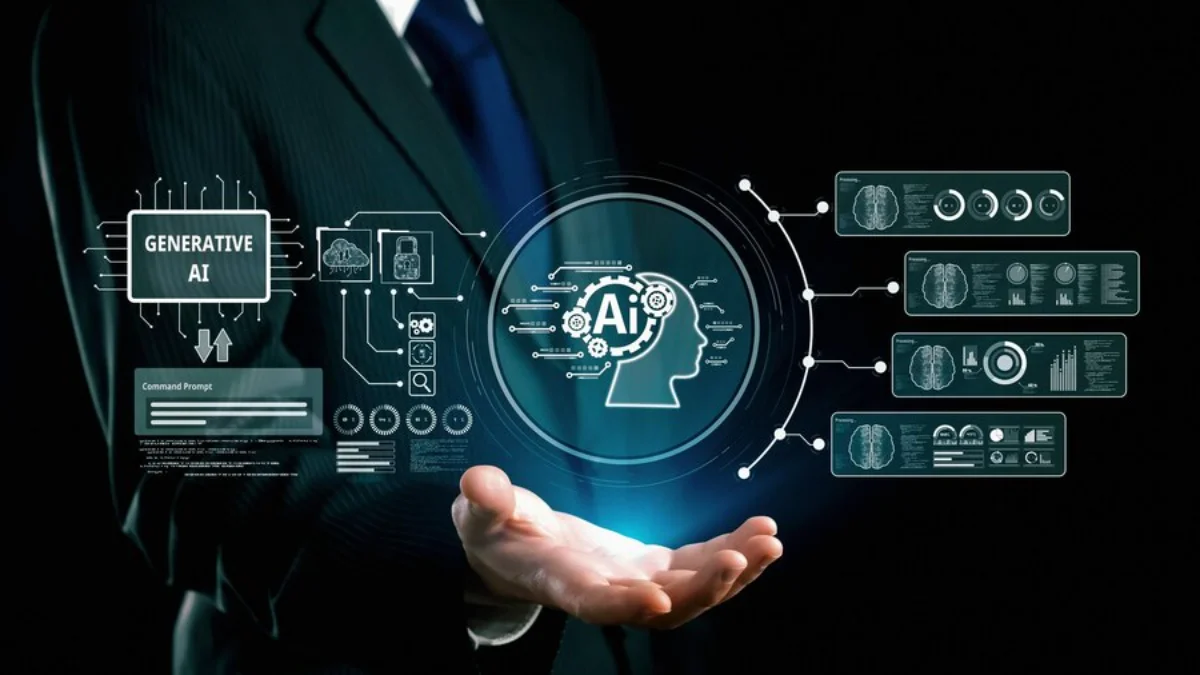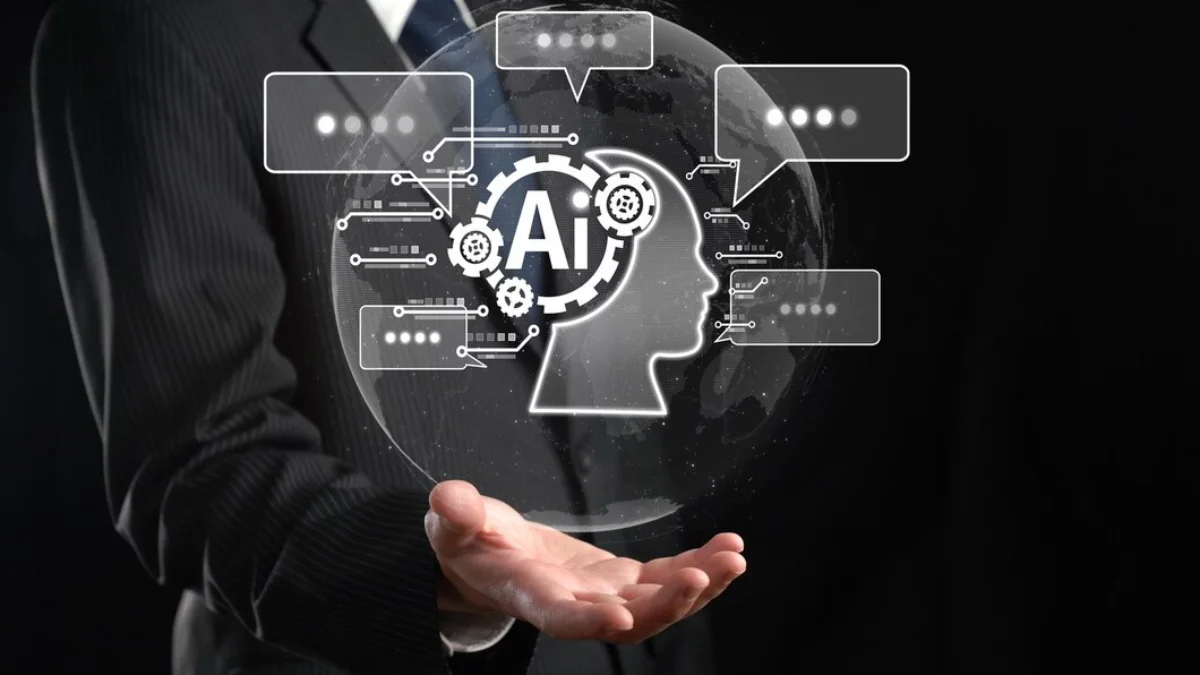
The Ethics of AI: Should We Be Concerned?
Artificial Intelligence (AI) is changing industries and societies around the globe. It brings innovation and efficiency like never before. However, as AI evolves, ethical concerns about its use and impact have grown. Discussions now focus on AI ethics, responsible AI, and the need for AI regulations that ensure AI technologies are deployed responsibly.
This article examines ethical challenges in AI. It looks into issues like bias, data privacy, transparency, and accountability. It also explores current efforts to create ethical AI frameworks and regulations. The goal is to ensure that AI benefits humanity while minimising harm.

Understanding AI Ethics
What is AI Ethics?
AI ethics is the compass that steers the ship of artificial intelligence. It sets the moral compass for crafting and using AI systems. The mission of ethical AI is to guarantee that these technologies shine in fairness and transparency, safeguarding individuals and society alike.
Amidst this landscape, several key ethical concerns in AI come to light:
- Bias and Fairness: AI can reflect biases in training data, leading to unfair treatment.
- Privacy Concerns: AI depends on vast data, raising issues of security and consent.
- Transparency and Explainability: Many AI models act as “black boxes,” making decisions hard to understand.
- Accountability and Responsibility: Figuring out who is responsible when AI makes mistakes is still a challenge.
By tackling these issues, organisations can pursue responsible AI that prioritises human rights.
Bias and Fairness in AI
The Challenge of Bias in AI Systems
In the realm of AI ethics, bias looms large as a shadow. AI draws lessons from historical data, but that legacy may harbour prejudices. Such flaws can breed unfair outcomes, evident in hiring tools that prefer some groups over others. Similarly, facial recognition systems often falter in their quest for diversity.
How to Address AI Bias
To ensure responsible AI, developers must take steps to reduce bias:
- Diverse Data: Using varied training data can help AI make fairer decisions.
- Regular Audits: Ongoing checks can identify and fix biases in AI models.
- Transparent Processes: Developers should explain how AI models work and make decisions.
By adopting these strategies, businesses and governments can create fairer AI systems.

AI and Data Privacy
The Role of Data in AI
AI systems thrive on data like plants thrive on sunlight. From recognising faces to curating personalised recommendations, they feast on user information. However, gathering and processing this personal data brings forth significant AI ethics dilemmas surrounding privacy.
Privacy Risks and AI
Key privacy risks linked to AI include:
- Unauthorised Data Collection: Many AI apps collect data without clear consent.
- Data Breaches: AI systems that hold sensitive data can be hacked.
- Surveillance Issues: AI can be misused for mass surveillance, threatening individual freedoms.
Implementing AI Regulations for Privacy Protection
Governments are stepping up with AI regulations to safeguard your data. The UK General Data Protection Regulation (UK GDPR) mandates transparency in data collection and requires user consent.
To ensure ethical AI practices, companies must champion data privacy. They need to provide straightforward opt-in choices and adhere to legal standards.
Transparency and Explainability in AI
The “Black Box” Problem
A significant ethical issue in AI is the lack of transparency. Many AI models function as “black boxes,” making their decision processes unclear. This is especially concerning in fields like healthcare, finance, and criminal justice, where AI decisions have serious effects on lives.
The Need for Explainable AI
To ensure responsible AI, organisations must focus on explainability. Explainable AI (XAI) aims to:
- Help users understand how AI makes decisions.
- Build trust in AI outcomes.
- Allow for human oversight when needed.
By emphasising explainability, companies can promote trust and accountability in AI systems.
The Need for AI Regulations
Why Do We Need AI Regulations?
As AI blossoms at lightning speed, regulations are essential for a safe future. These frameworks safeguard against misuse while aligning innovations with our cherished societal values AI regulations lay down the law—balancing the scales of development with ethical considerations.
Current AI Regulations and Policies
Various countries and organisations are working on comprehensive AI regulations:
- The European Union’s AI Act: This law categorises AI systems by risk level and sets stricter rules for high-risk applications.
- The UK’s AI Strategy: This strategy promotes innovation while ensuring ethical AI use.
- The United Nations’ AI Ethics Guidelines: The UN outlines principles like fairness, transparency, and accountability.
By enforcing AI regulations, governments can establish a legal framework that balances innovation with ethical responsibility.

AI and the Workforce: Ethical Challenges
The Impact of AI on Jobs
AI is transforming industries by automating tasks. While it boosts efficiency, it also raises concerns about job loss and economic disparity.
Ethical Considerations for AI in Employment
To tackle ethical challenges in the workforce, businesses should consider:
- Reskilling Programs: Offering training for workers affected by AI.
- Fair Hiring Practices: Ensuring AI recruitment tools do not introduce bias.
- Transparency in AI Use: Employers must inform workers when AI influences decisions.
By implementing these ethical measures, organisations can ensure that AI supports economic growth while protecting workers’ rights.
Balancing Innovation with Ethical Responsibility
AI holds the power to transform industries and elevate everyday lives. Yet, this digital wonder must be shaped with a moral compass. Concepts like AI ethics, responsible AI, and AI regulations are essential for ensuring that our technological marvel serves humanity without wreaking havoc.
By tackling bias, amplifying transparency, safeguarding data privacy, and enforcing regulations, we can forge an ethical AI landscape. This thriving environment should champion fairness, accountability, and trust. As AI advances, harmonising innovation with ethical responsibility is crucial for crafting a future that uplifts society.


